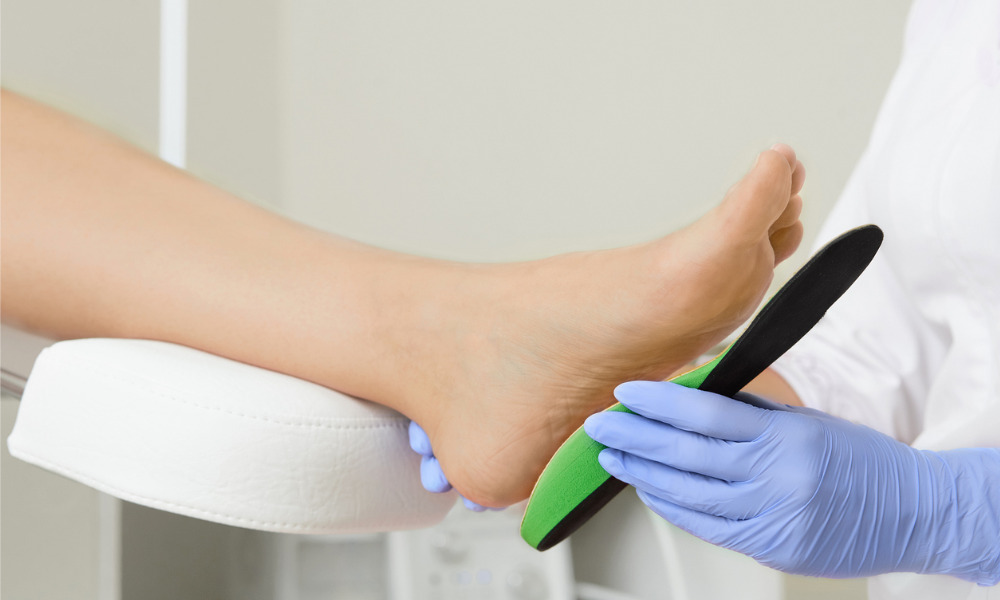Beverage giant commissioned pilot study to support employee musculoskeletal health

Coca Cola’s Environment, Health and Safety (EHS) lead implemented a pilot study at their plants in Honolulu (Hawaii), Paw Paw (Michigan) and Auburndale (Florida) to test the benefits of wearing adjustable orthotics at work. More specifically, the study concerns ergonomic insole technology SelectFlex made by the Alliance Design & Development Group (ADDG). This is part of Coca Cola’s focus on supporting employee musculoskeletal health.
“We applaud Coca-Cola’s EHS team for their initiative and continuing to raise the bar on innovative safety programs,” said Barry Renow, CEO of ADDG.
The brand revealed the results of the study in January.
Read more: Workplace ergonomics: Four key things to consider
To conduct the pilot study, the beverage company enlisted a sampling on employees from each plant, notably focusing on workers whose jobs require standing for the majority of their shift. Groups were also balanced in gender and age (with workers primarily aged between 25 and 45).
Additional demographic criteria included:
- Occupation activity level
- Shoe usage
- Foot arch characteristic
- Pre-existing health conditions (a number of test subjects reported recurring issues including flat feet, lower back pain and plantar fasciitis*).
Once the subjects were chosen, they were then instructed to wear ADDG’s SelectFlex insoles for two consecutive weeks whilst they were surveyed and their views were documented.
Read more: Good ergonomics is good business
Following the pilot study, results found that almost 100 per cent of participants noticed a marked difference in support due to the use of an arch insole. Around 75 per cent of that group felt that the arch insole was comfortable to wear. Lastly, the study revealed that participants’ foot arch type was an important aspect to consider.
Employers are becoming increasingly interested in supporting employees’ ergonomic needs, as poor ergonomic support can exacerbate current health issues workers may be facing, or create a number of musculoskeletal disorders in the long term.
*Plantar fasciitis is one of the most common causes of heel pain.





